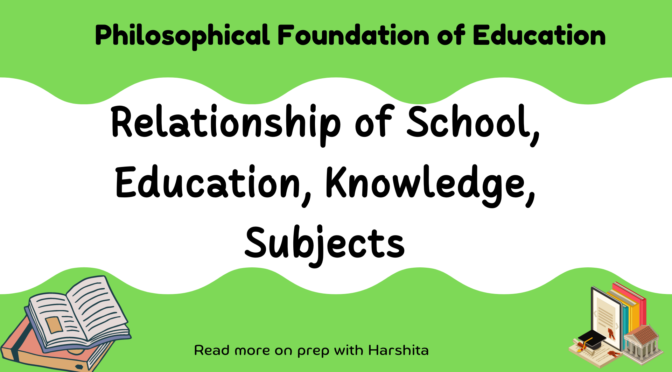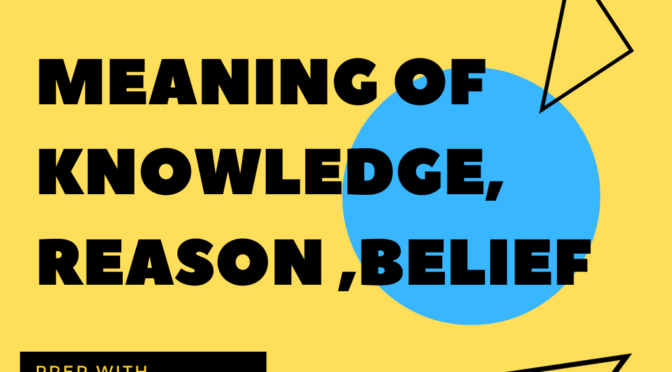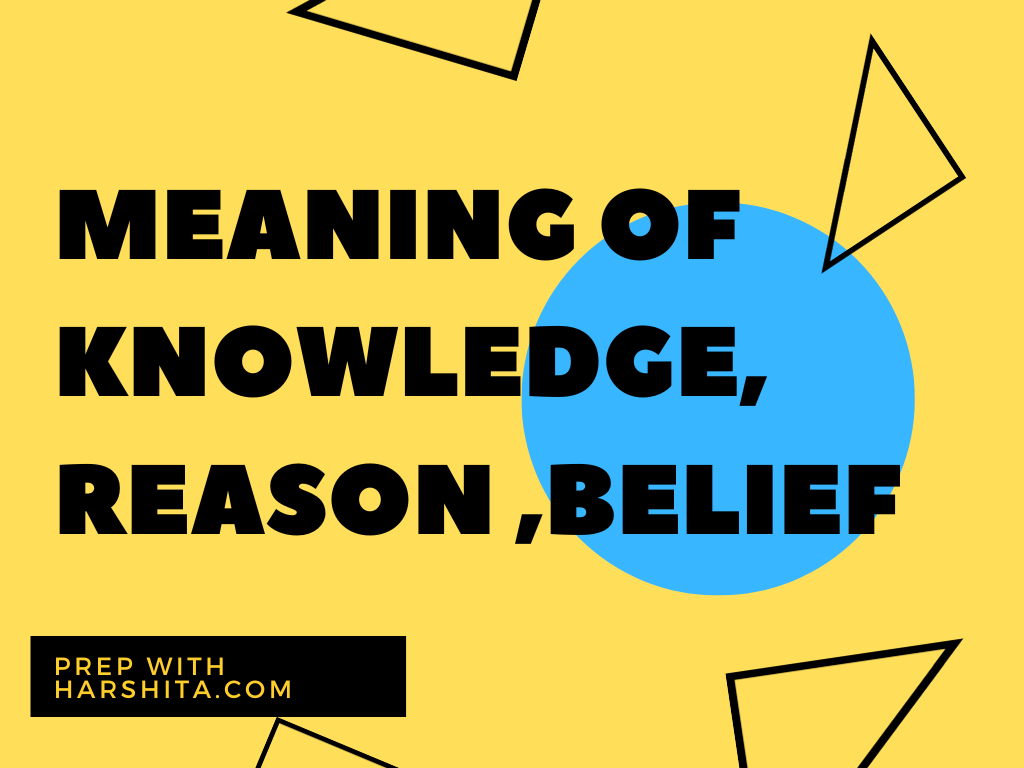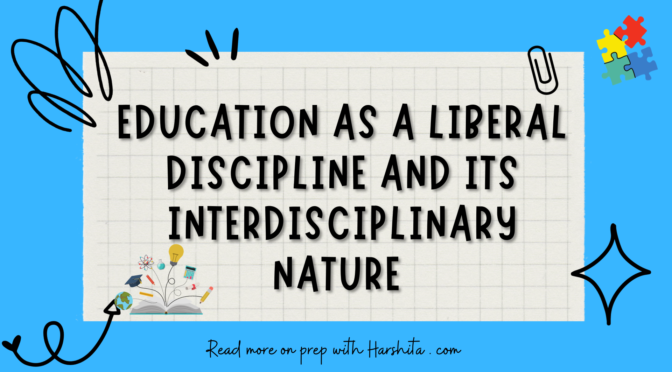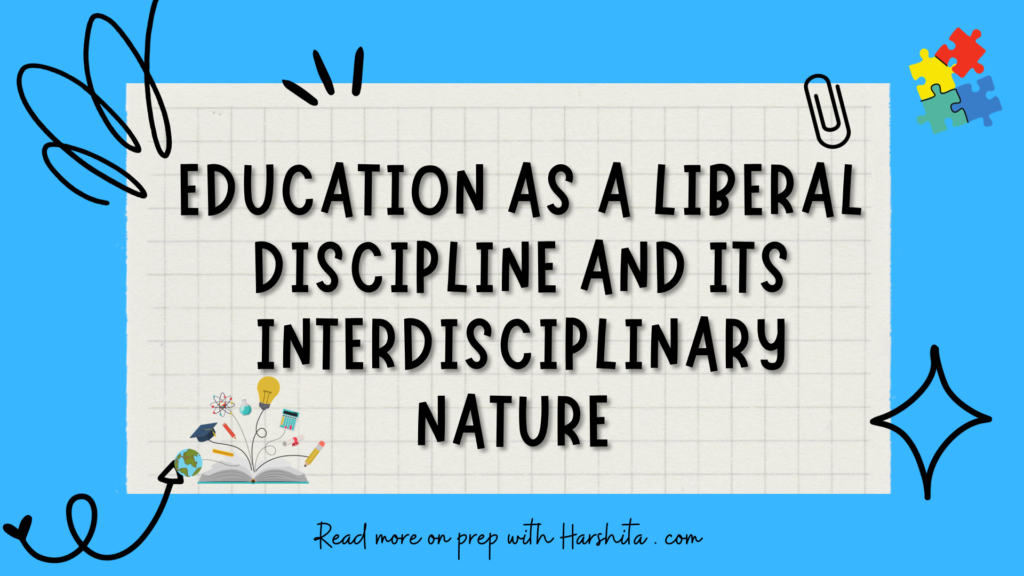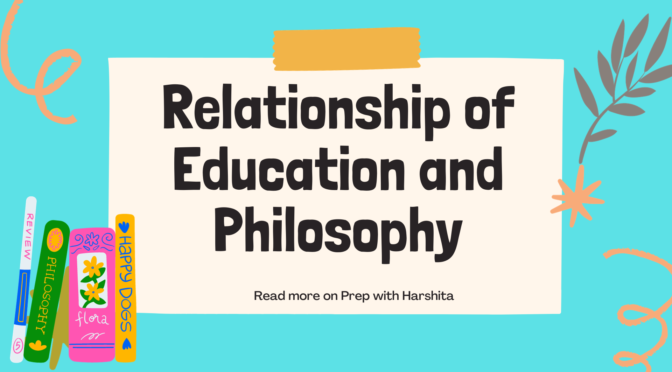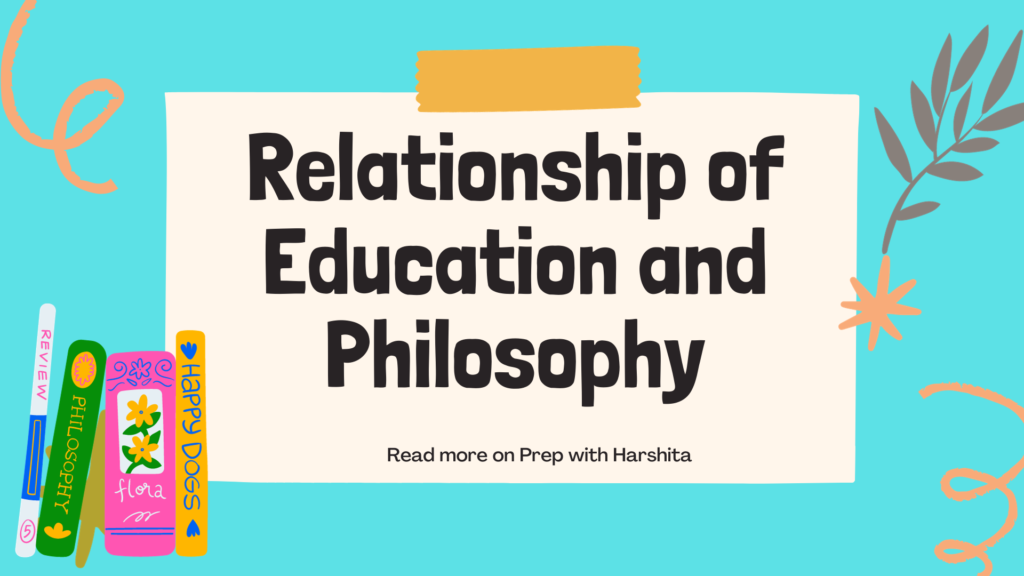The relationship between school, education, knowledge, and subjects is interconnected, with each element playing a distinct role in the overall process of learning and intellectual development.
Education:
- Education is the broader concept that encompasses the acquisition of knowledge, skills, values, and attitudes.
- It is a lifelong process that occurs formally and informally, inside and outside of traditional educational institutions.
School:
- School is an institution where formal education is typically provided. It is a structured environment designed to facilitate learning.
- Schools serve as a platform for the delivery of curriculum, the development of social skills, and the cultivation of a diverse range of knowledge.
Knowledge:
- Knowledge is the understanding and awareness acquired through learning, experience, or study.
- Schools are institutions that aim to impart knowledge, ranging from fundamental concepts to specialized subjects.
Subjects:
- Subjects refer to specific areas of study within the broader scope of education.
- Schools organize their curriculum into different subjects, such as mathematics, science, literature, history, etc., to provide a systematic and organized approach to learning.
Also Read: Relationship of Philosophy and Education
The relationship of School Education Knowledge and Subjects:
School and Education: Schools are institutions that provide a formal structure for the delivery of education. They create an environment where educators can impart knowledge and facilitate the overall development of individuals.
School and Knowledge: Schools are instrumental in transmitting knowledge through organized curriculum and instructional methods. Students gain knowledge in various subjects during their academic journey.
School, Subjects, and Education: Subjects are the building blocks of education within a school. The curriculum is divided into different subjects, each contributing to the overall educational experience.
Education and Subjects: Education, as a holistic concept, involves the mastery of various subjects. Subjects provide a focused and specialized approach to learning, allowing individuals to acquire in-depth knowledge in specific areas.
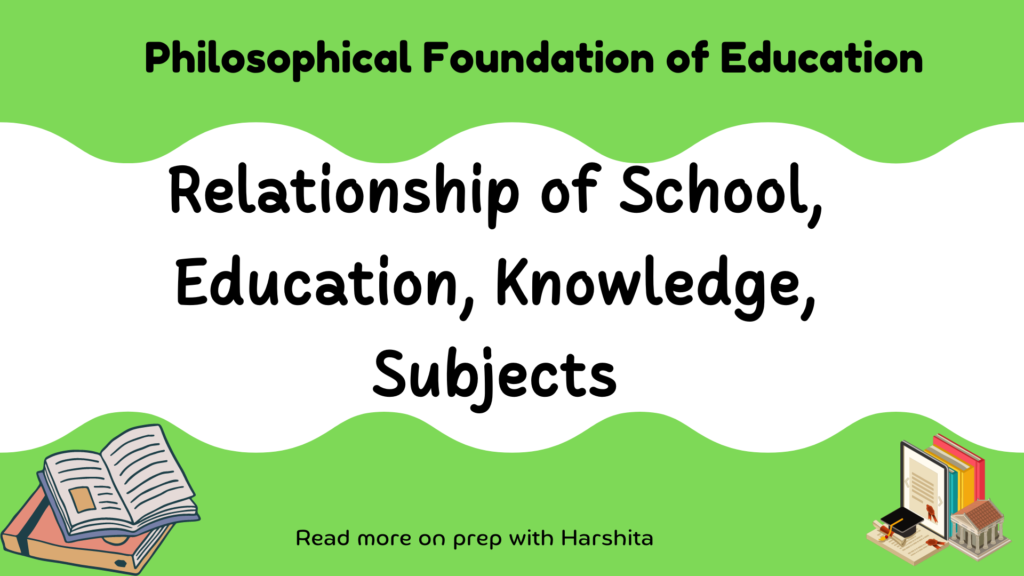
Also Visit: Prep with Harshita

